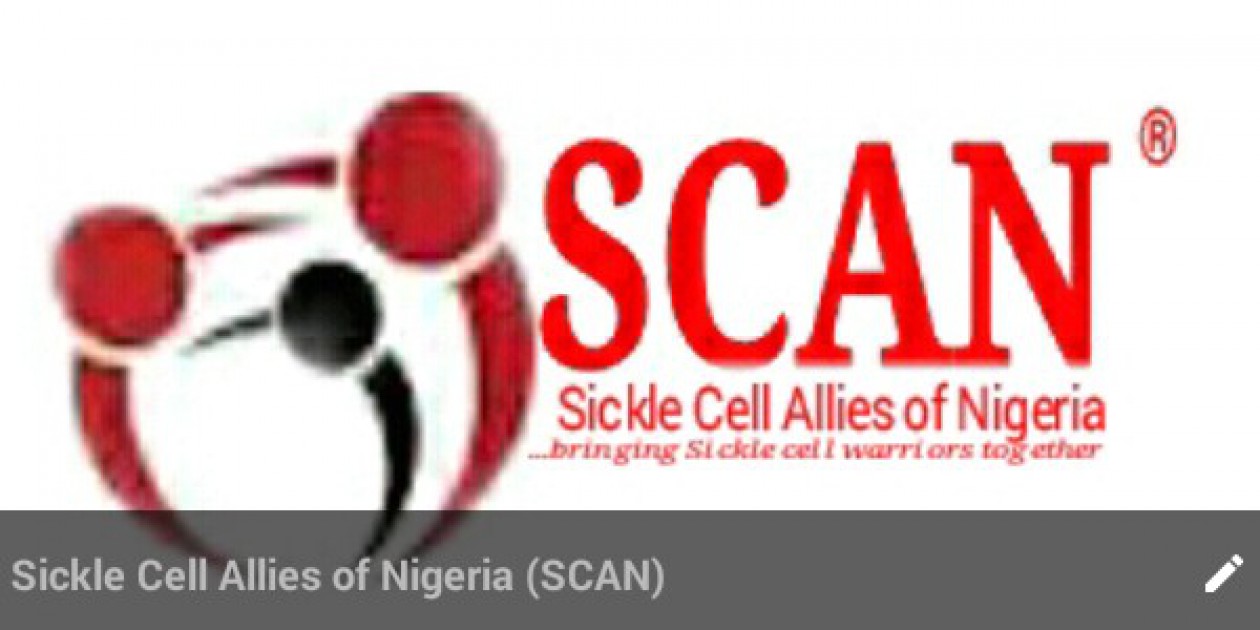We all have heard about the dreaded Acute Chest Syndrome (ACS). Some of us have had it, and some sickle cell warriors have died from it. But what exactly is acute chest syndrome?
What is ACS? Acute chest syndrome (ACS) is a pulmonary illness defined by a new infiltrate on chest radiograph in combination with at least 1 clinical sign or symptom (chest pain, cough, wheezing, fast respiration rate, fever). Fever and cough are the most common presenting symptoms in children, while chest pain, shortness of breath, and chills are common in adults.
Many people state that it feels like you can’t get any air, as if you are suffocating, and struggling for every precious breath. It feels to some like an elephant sitting on your chest, and the pressure is compressing your lungs and making breathing an impossibility. Of all the complications, having your breath stolen from you, having every second a struggle for oxygen, this is by far the scariest, most panicky situation to ever be in.
Recurrent episodes are thought to contribute to chronic lung disease, pulmonary hypertension, and cor pulmonale.
Physiology: During a sickle cell crises, the sickled cells have problems passing through the tiny vasculature of the lung tissue. This causes a blockage which leads to injury which then starts the inflammation, hypoxia, and lung injury cycle. This cycle continues on and on similar to what goes on in Acute Respiratory Distress Syndrome until large parts of the lung is injured and unable to process oxygen. Eventually if this process continues, the patient will be completely unable to breathe on their own and may even need to be intubated and mechanically ventilated (which is what happened to me).
What causes Acute Chest Syndrome? ACS is associated with all genotypes of sickle cell but occurs most frequently in patients with homozygous (SS) disease. The main causes of acute chest syndrome are pulmonary infections (like pneumonia, bronchitis, RSV, CMV, flu etc.), emboli (like fat clots or blood clots), and rib infarctions which is caused by splinting or rib breakage during a vaso-occlusive crises.
The other possible causes is what is called iatrogenic. Excessive narcotic use and excessive hydration have been proposed as 2 possible iatrogenic causes of ACS; however, both have limited supporting evidence. It has been suggested that atelectasis secondary to hypoventilation and poor respiratory effort with narcotic use might lead to ACS. In addition, it has been suggested that patients admitted for sickle cell pain crisis may develop pulmonary edema and subsequently ACS if hydration strategies are too aggressive. This is why alot of physicians err on the side of caution when prescribing fluids and narcotics to sickle cell patients.
How do you treat Acute Chest Syndrome? Treatment involves supportive care, incentive spirometry, broad-spectrum antibiotics for the infection, bronchodilators (to expand the airway and improve oxygenation), and early blood transfusion when indicated.
In short: Acute Chest Syndrome is a medical emergency, a serious complication that can be life-threatening. 4.6% of patients with ACS die from respiratory complications, and ACS can increase your length of stay by 5 days. Please, please my dear warriors! Prevent this from happening to you as much as possible. Use your incentive spirometer, because this helps to improve oxygenation, improve blood flow to lung tissue and expand the alveoli. The incentive spirometer has to be your best friend when you are admitted, regardless of whether you are in pain or not. The recommendation is 10 breaths every hour when awake, between the hours of 8am to 10pm. I have a habit that whenever I press my PCA button, I use the incentive spirometer.
If you are having any problems breathing during your sickle cell crises, be sure to mention the possibility of acute chest syndrome to your doctor, nurse or advocate to bring it to their attention. Early identification and aggressive treatment has given better outcomes and most people with ACS recover fully.
